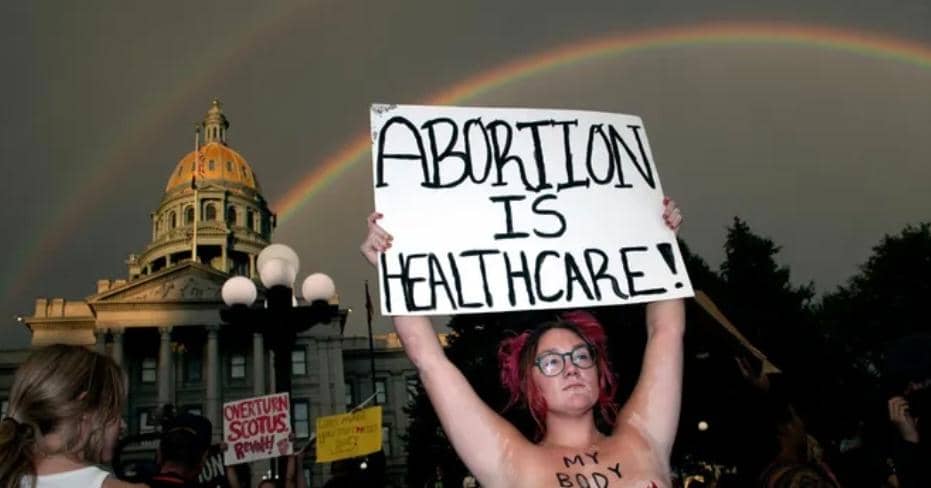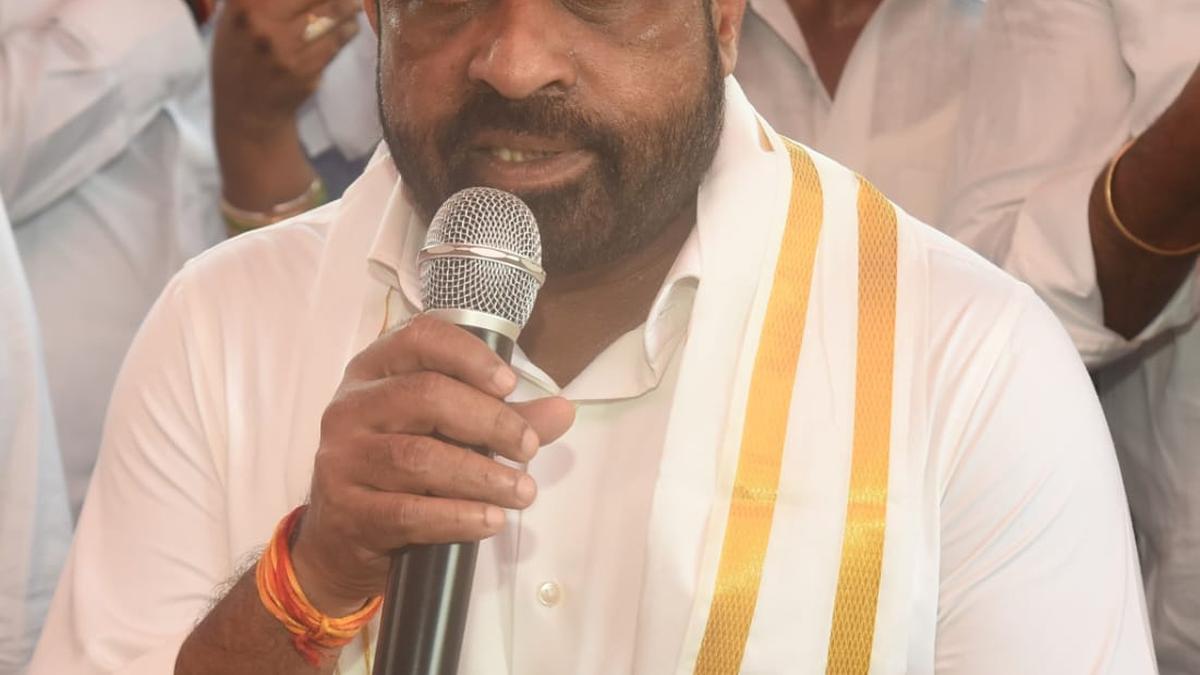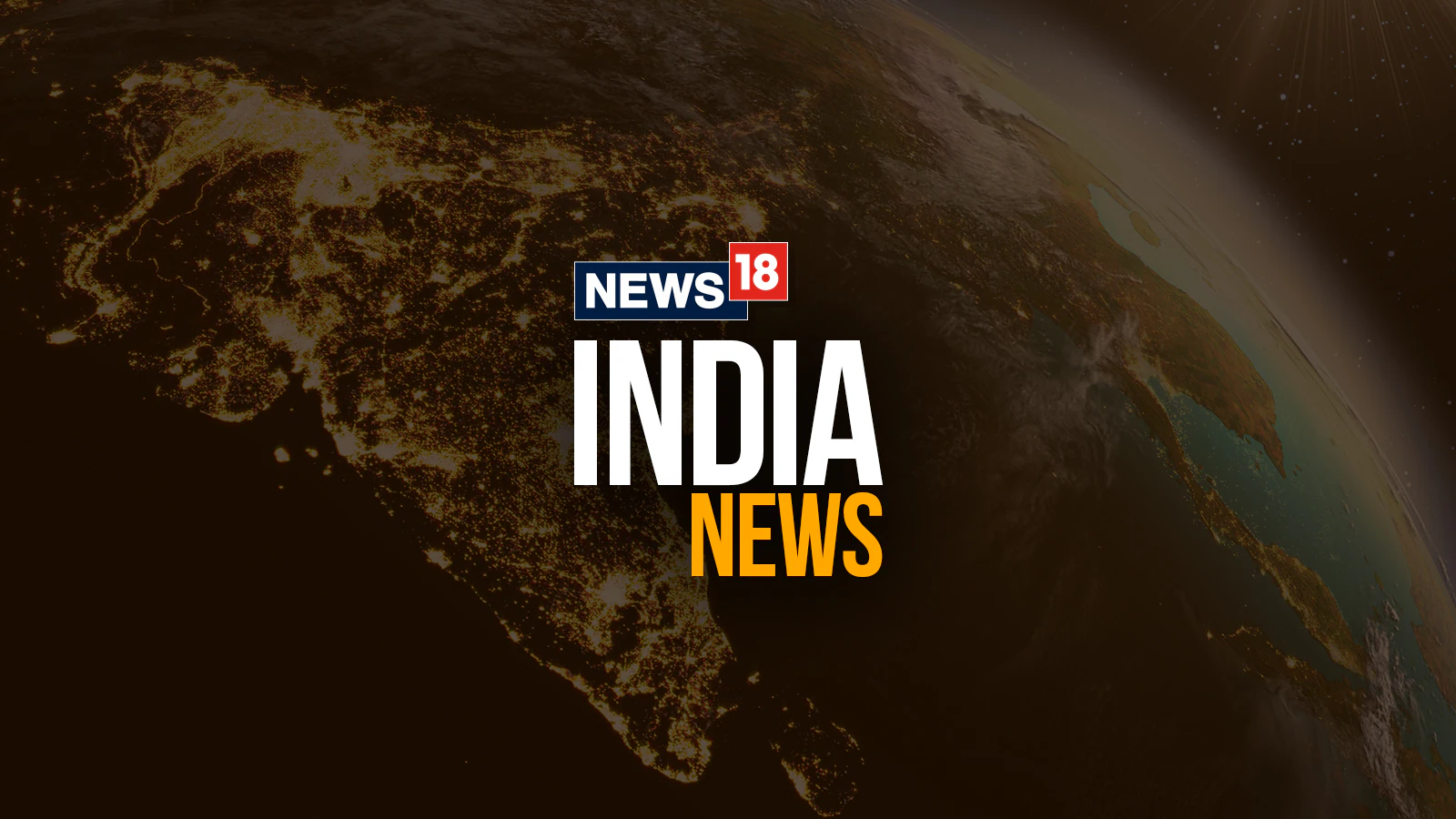By Thabo Makwakwa
Copyright namibian

As the world marks International Safe Abortion Day, an alarm has been raised over the staggering prevalence of unsafe abortions worldwide, urging decisive action to ensure women and girls have access to safe and legal abortion services.
Gynaecologist Dr Koketso Pule, speaking on Sunday during an interview on Newsroom Afrika, highlighted the critical risks associated with unsafe abortions, stating that globally approximately 45% of abortions are performed unsafely.
She stated that this contributes to an estimated 3% of preventable maternal deaths, according to the World Health Organisation.
“Unsafe abortions are a significant public health issue,” Pule explained.
“It means that if safe and regulated access to abortion services is available, women’s lives can be saved. The barriers surrounding termination of unwanted pregnancies – whether legal, social or economic – are the root cause of these preventable deaths.
“The figure of 13% maternal mortality linked to unsafe abortion is substantial, especially considering the global targets to reduce maternal deaths.”
International Safe Abortion Day serves as a call to action to advocate for safe and legal abortion access, particularly in low- and middle-income countries where services are often restricted or stigmatised.
Pule stressed the importance of strengthening legal frameworks and healthcare systems to support sexual and reproductive health rights.
In South Africa, the issue remains complex and contentious. Pule highlighted how societal challenges – including gender-based violence, rape and incest – result in a high number of unwanted pregnancies.
“Abortions are frequent because of the harsh realities many women face within our communities,” she noted.
“There are circumstances where pregnancy poses serious threats to a woman’s health, such as underlying medical conditions or complications that worsen during pregnancy. Medical termination of pregnancy can often be a necessary intervention to protect a woman’s life.”
On the medical conditions that can justify abortion, she provided examples, stating, “if a woman has uncontrolled hypertension or renal disease, pregnancy can exacerbate these conditions”.
“Similarly, heart conditions and autoimmune diseases like lupus can worsen during pregnancy. In such cases, continuing the pregnancy may pose a life-threatening risk, making medical termination essential.”
Despite legal provisions in South Africa supporting abortion rights, Pule pointed to persistent barriers in healthcare access, especially for young girls.
“Access to healthcare facilities could be improved significantly. Stigma surrounding safe termination services continues to limit access. This is also linked to a lack of education, misinformation and a shortage of safe spaces for young women.
“We must prioritise education and empower healthcare professionals, including nurses, to provide compassionate, non-judgmental care.”
Pule indicated that without increased awareness, education and supportive health policies, unsafe abortions will continue to jeopardise the health and lives of women and girls.
– IOL.co.za



